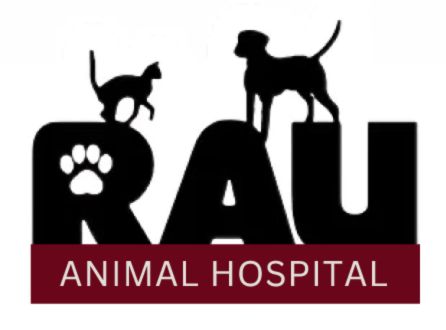When considering the choice of euthanasia, you are always advised to consider your pets’ quality of life. The following guide will attempt to help you assess his or her quality of life.
Mobility:
- As pets age, diminished mobility is often noticed. Dogs may not be inclined to climb stairs or jump into the car. Cats may lose the ability to jump up onto the bed.
- Some questions to consider: Can your pet stand without assistance? Can he or she sit without collapsing? Can your pet walk? Can your cat enter and still use the litter box without difficulty or whining?
Appetite/Eating Ability:
- Your pet obviously needs to eat to maintain proper nourishment.
- Some questions to consider: Is your pet able to eat and is he or she getting adequate nutrition? Does your pet have trouble chewing or swallowing? Do you have to coax them to eat or do they still enjoy it?
Breathing:
- You may notice that your pet is panting or their breathing is more labored. If these symptoms are present, in most cases, a chest X-ray can be taken to determine the cause.
Discomfort:
- Animals will instinctively hide their pain for fear of being preyed upon. However, you can monitor for subtle signs that your pet may be experiencing pain. A more obvious indication of pain is a pet’s reaction to touch. If your pet responds to touch by hissing, growling or even attempting to bite, this is a clear indication of pain. You may also notice something called denning, when an animal will seek out a quiet place, away from interactions with other pets or family members.
- Some questions to consider: Is his/her face furrowed and worried? Do they appear tense, rather than relaxed?
Incontinence:
- Incontinence can be very stressful for both you and your pet. As a basic survival mechanism, animals learn not to have accidents where they sleep. When your pet can no longer urinate or defecate appropriately, it can lead to a poor quality of life.
Mental Capacity:
- Older pets occasionally develop signs of diminished mental capacity. They may seem to forget things, such as where a toy is located or what a command means. This confusion can develop into fear.
Happiness:
- Determining whether your pet is “enjoying” life is certainly a subjective decision. However, as an observer of your pet’s behavior and attitude during its lifetime, you are more likely to be able to determine when they no longer seem “happy”. You will notice when they no longer seem to take pleasure in food, toys, surroundings and/or contact with the rest of the family.
Response to Treatment:
- We have a natural instinct to provide medical treatment to our pets when they become ill, such as: IV fluids, chemotherapy, bloodwork, X-rays, etc. These treatments may produce side effects, repeated trips to the vet and/or waiting in a strange and stressful environment. Eventually, we may conclude that our efforts to save our pet’s life are actually diminishing, rather than enhancing, the quality of their life.
Copyright 2001 by Moira Allen from The Pet Loss Support Page http://www.pet-loss.net
